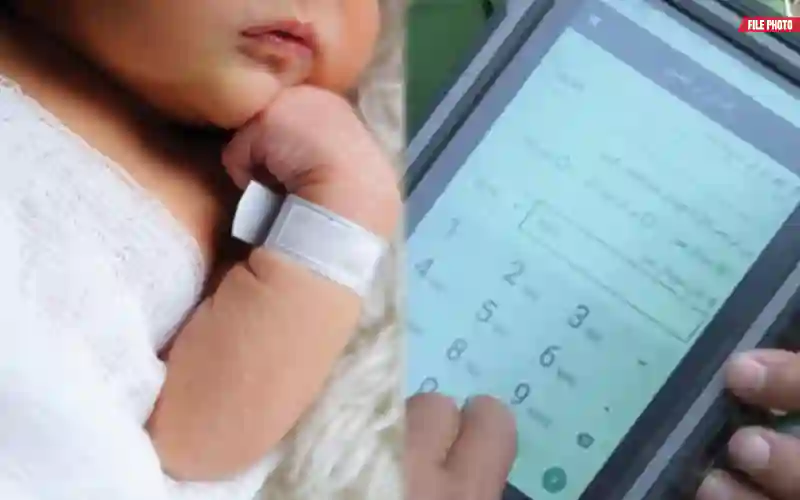Landmark Event in Hyderabad
Pakistan has marked a historic first with the immediate digital registration of a newborn at the moment of birth. The milestone is being hailed as a major step towards providing citizens with quicker access to essential services.
The event took place at a government hospital in Qasimabad, Hyderabad. A baby boy named Maysam was digitally registered moments after his birth, making this the first case of its kind in the country. In another remarkable childbirth story, a Pakistani woman recently gave birth to quintuplets in a Gujranwala hospital, highlighting the diversity and significance of maternal health events across the nation.
Delays Have Been the Norm
Traditionally, birth registration in Pakistan has been plagued by delays. In many cases, parents register their children months or even years after birth, often waiting until school admission time to complete the process. This lag has long been a barrier to children accessing education, healthcare, and other state services.
The new approach, however, aims to replace these delays with real-time, digital registration. By eliminating bureaucratic backlogs, authorities hope to make legal identity a right from the moment of birth.
Part of a Wider CRVS Initiative
This development is part of the Civil Registration and Vital Statistics (CRVS) programme, launched in July 2025 with the cooperation of several agencies. The initiative is jointly implemented by the United Nations Population Fund (UNFPA), Pakistan’s health departments, the National Database and Registration Authority (NADRA), and local government bodies.
The CRVS programme’s goal is ambitious: to achieve 95% registration of births and deaths across Pakistan by 2028. Officials say that accurate and timely civil records are essential for national planning, resource allocation, and the delivery of public services.
System Already Active in 49 Hospitals
According to Sindh Chief Secretary Asif Hyder Shah, the instant digital registration system is already active in 36 public hospitals and 13 private hospitals across the province. At these facilities, birth details are recorded and transmitted digitally at the time of delivery.
“This is more than just a technical upgrade,” Shah said. “It is a fundamental change in how we ensure every child has a legal identity from day one.”
Removing Financial Barriers
In a move to ensure equitable access, the Sindh government has abolished all birth registration fees. This policy is designed to make the service accessible to families from all socio-economic backgrounds.
“Birth registration is the gateway to a child’s rights,” Shah explained. “Without it, children risk exclusion from education, healthcare, and social protection. Removing fees ensures no family is left behind.”
Expanding to Rural Areas
Authorities are now working to extend the system beyond urban centers. The next phase will focus on rural and remote communities, where access to government services is often limited.
The expansion is seen as critical to achieving universal registration coverage. Mobile registration units, improved internet connectivity in health facilities, and training for rural health workers are all part of the planned rollout.
Importance Beyond Legal Identity
Global studies show that countries with high birth registration rates are better able to track health outcomes, plan educational infrastructure, and deliver welfare programmes. For individuals, a birth certificate is often the first step towards obtaining a national identity card, a passport, or other legal documents.
In Pakistan’s context, where an estimated one-third of births go unregistered, the CRVS initiative represents a shift towards inclusivity and accountability.
Pakistan’s first instant digital birth registration in Hyderabad may be symbolic, but it signals a structural change in governance. If the CRVS programme achieves its targets, millions of children could start life with immediate legal recognition — and with it, better access to the rights and services they deserve.















